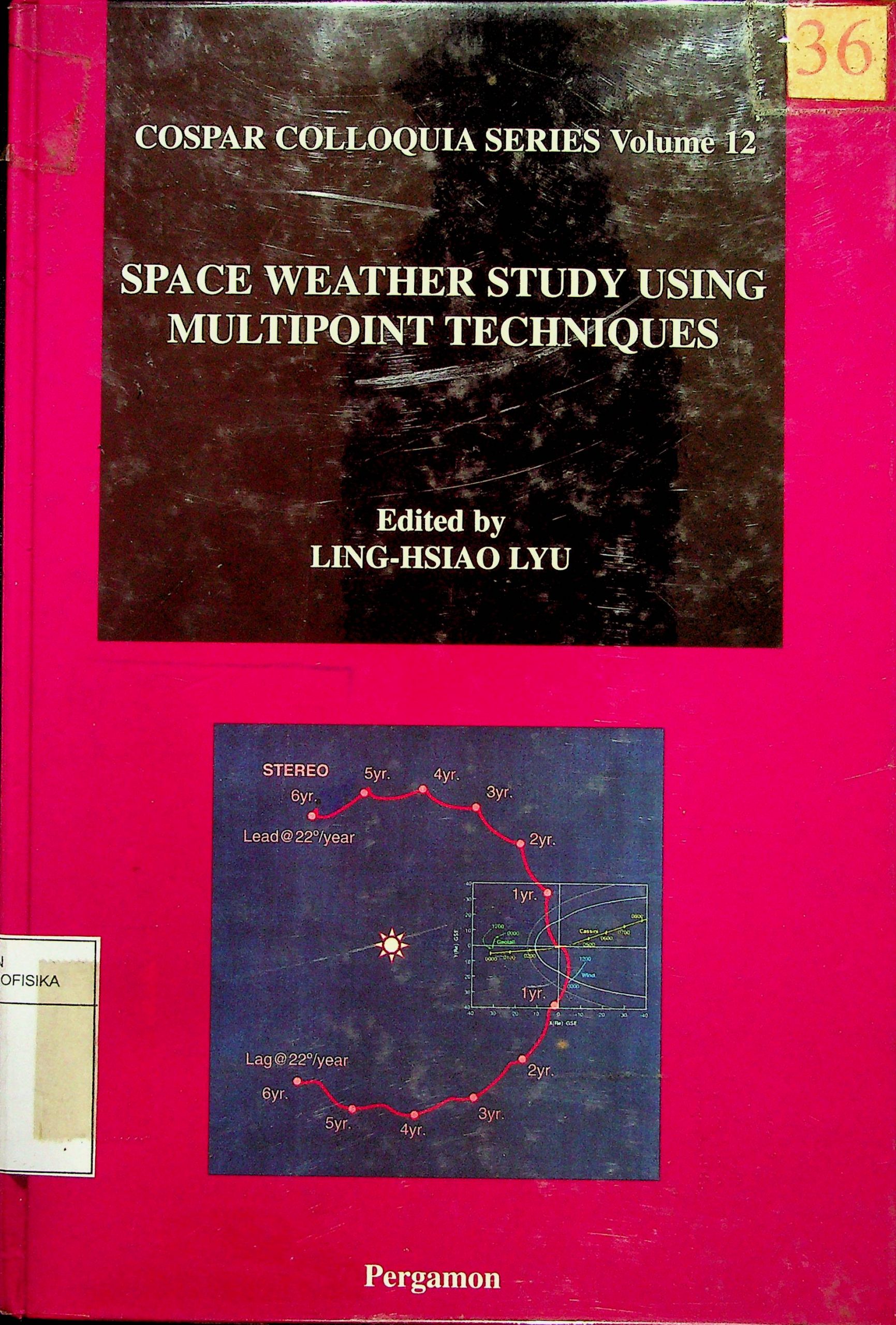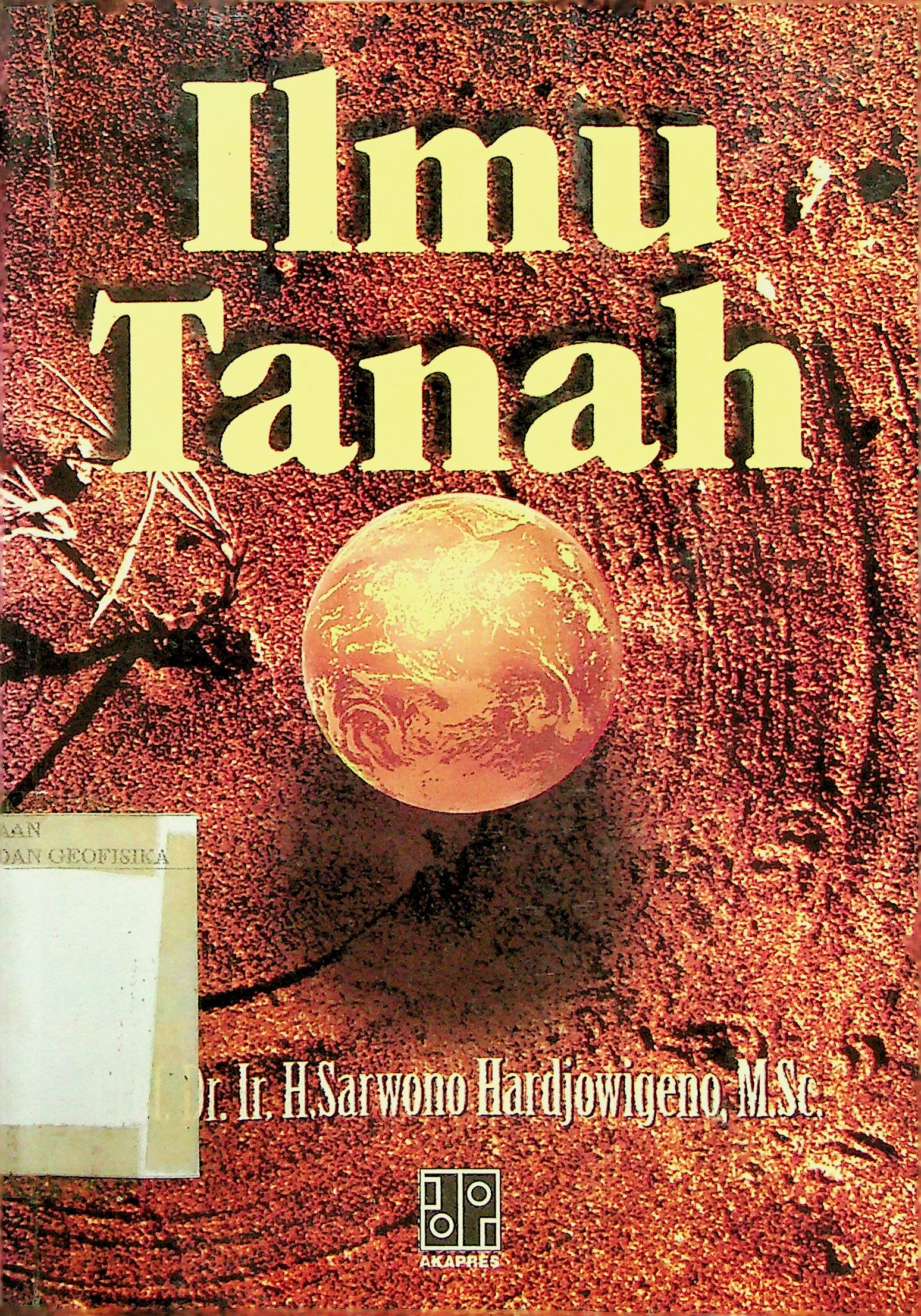Magnetic storms may cause damage to satellites, radiation hazard to astronauts, disruptions of radio communications, and interruption of ground electric power lines. Space weather prediction becomes an important issue to be addressed in the twenty-first century. International Solar Terrestrial Program (ISTP) employs five satellites to probe the solar wind and magnetosphere, providing valuable information for space weather prediction. The Asia-Pacific region is becoming one of the economic centers in the world. The continuous drive for scientific and technological progress in parallel is evidenced by the establishment of many space research organizations in many countries of this area. In Taiwan, the National Space Program Office (NSPO) established her third satellite program - COSMIC (Constellation Observing Systems for Meteorology, Ionosphere and Climate), which is a science experiment to demonstrate the utility of atmospheric radio limb soundings from a constellation of six low-earth orbiting satellites in operational weather prediction, space weather monitoring, and climate monitoring and research.
5
SPACE WEATHER STUDY USING MULTIPOINT TECHNIQUES
LING-HSIAO LYU
Penerbit :
Elsevier Science Ltd.
Tahun :
2002
Buku Text
Weather
-
No Scan333
-
No Klasifikasi551.63
-
ISBN0 08 044057 6
-
ISSN-
-
No Registrasi069A/XII/2007
-
Lokasi Terbit-
-
Jumlah Hal83
-
Label551.63 Lyu s
-
Versi DigitalYA
-
Versi FisikYA
-
Lokasi Rak Buku Fisik01/A/04
-
Jumlah Exemplar Fisik Tersedia1






